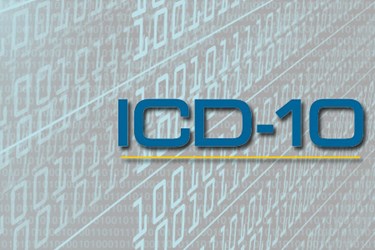ICD-10 Could Wreak Havoc On ERs

By Katie Wike, contributing writer

A study published by the American Journal of Emergency Medicine suggests October’s ICD-10 transition has the potential to cause big problems in emergency departments across the nation.
ICD-10 could hurt workflow at many emergency departments according to a study from researchers at University of Illinois at Chicago. The study, published in the American Journal of Emergency Medicine, suggests both clinical workflow and finances at hospital emergency departments could be significantly impacted by the transition.
Fierce Health IT writes problems already occurring under ICD-9 will likely continue after the switch to ICD-10. For example, 27 percent of the 14,000 ICD-9 codes used by emergency department are currently convoluted. ICD-10 includes more than 68,000 codes.
“In addition to the problems it may pose for reimbursement and proper clinical documentation, the coding change will complicate tasks faced by emergency physicians, such as justifying hospital admissions and reporting certain diseases to public health departments,” said researchers in an announcement.
iHealth Beat reports an additional study of more than 600 of the so-called convoluted codes found that 23 percent were clinically inaccurate. This means 8 percent of all the ICD-9 codes were clinically inaccurate.
“Although CMS provides forward and backward mappings between ICD-9-CM and ICD-10-CM classifications, many codes share complex reciprocal relationships that may lead to confusion and incorrect coding,” said researchers. “This issue has potential to be exacerbated by the fact that a significant percentage of the billed codes are highly complex, pointing to the problem of ICD-10-CM conversion complexity and the increased number of clinically incorrect codes used under the ICD-10-CM classification.”
“Despite the wide availability of information and mapping tools, some of the challenges we face are not well understood,” says Dr. Andrew Boyd, assistant professor of biomedical and health information sciences at UIC and principal investigator on the study.
